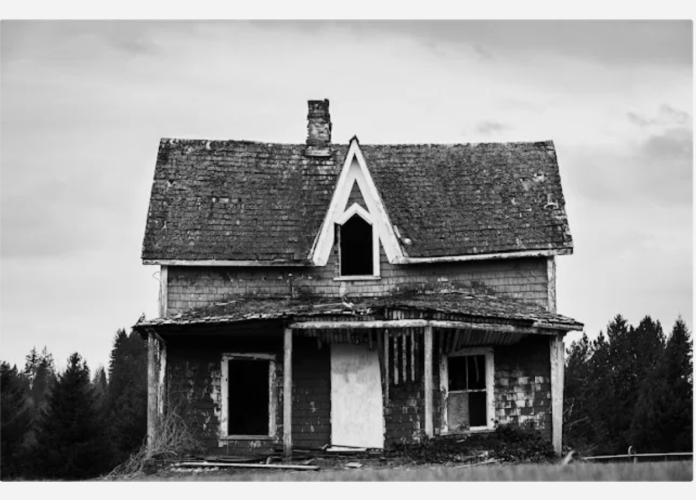Introduction to Trails Carolina Horror Stories
Trails Carolina, a wilderness therapy program located in North Carolina, has gained considerable attention over the years for its unique approach to helping struggling adolescents. While many individuals have found success in this program, there have been instances where horror stories have emerged. In this detailed content, we will explore some of the most notable horror stories associated with Trails Carolina and analyze the factors that may have contributed to these incidents.
The Controversial Death of a Teenager
One of the most tragic horror stories connected to Trails Carolina involves the death of a teenager in the program. It was reported that the teenager, who had a history of mental health issues, died due to negligence and inadequate supervision. This incident raised serious questions about the program’s safety measures and the staff’s ability to handle emergencies.
Allegations of Emotional Abuse and Exploitation
Several former participants of Trails Carolina have come forward with allegations of emotional abuse and exploitation. These stories depict instances where staff members allegedly used intimidation, psychological manipulation, and punishment techniques as a means of control. Such practices have raised concerns about the ethical boundaries of the program and its impact on the mental well-being of participants.
Failure to Provide Adequate Mental Health Support
In some horror stories, individuals have reported that Trails Carolina failed to provide adequate mental health support to participants. It is claimed that participants with pre-existing mental health conditions were not provided with the necessary therapy or counseling to address their specific needs. This lack of support could potentially exacerbate their difficulties and lead to negative outcomes.
Poor Communication and Transparency
Another recurring theme in Trails Carolina horror stories is the lack of communication and transparency between the program staff and the families of participants. Families have reported feeling kept in the dark regarding their child’s progress, safety, and overall well-being during the program. This lack of transparency has left families feeling frustrated, anxious, and uncertain about the effectiveness of the program.
Inadequate Training and Qualifications of Staff
Multiple horror stories have highlighted concerns regarding the qualifications and training of Trails Carolina staff members. Some allegations claim that staff members were ill-prepared to handle emergency situations, lacked the necessary skills to manage challenging behaviors, or did not have the proper training in mental health treatment. These issues raise questions about the overall competence and professionalism of the staff.
Negative Long-Term Impact on Participants
While positive outcomes have been reported by some participants of Trails Carolina, horror stories also highlight the negative long-term impact on certain individuals. Some participants have reported experiencing worsened mental health symptoms, trauma, or a relapse after leaving the program. These stories suggest that Trails Carolina may not be equipped to provide long-term support and follow-up care to ensure sustained progress.
Advocacy and Calls for Change
In response to these horror stories, advocacy groups and concerned individuals have called for increased oversight and regulation of wilderness therapy programs like Trails Carolina. They argue for stricter standards in terms of staff qualifications, safety protocols, and transparency. These calls for change aim to protect the well-being of participants and prevent future horror stories from occurring.
The Importance of Research and Due Diligence
Considering the horror stories associated with Trails Carolina, it is crucial for families considering enrollment in such programs to conduct thorough research and due diligence. This includes researching the program’s history, staff qualifications, safety protocols, and outcomes. It is also advisable to reach out to former participants and families to gain insights into their experiences and any concerns that may have arisen.
Conclusion
While Trails Carolina may have had success stories in helping struggling adolescents, the presence of horror stories raises significant concerns about the program’s safety, effectiveness, and ethical practices. By examining these horror stories and addressing the underlying issues, it is possible to work towards improving the wilderness therapy industry as a whole and ensure the well-being of participants in these programs.

